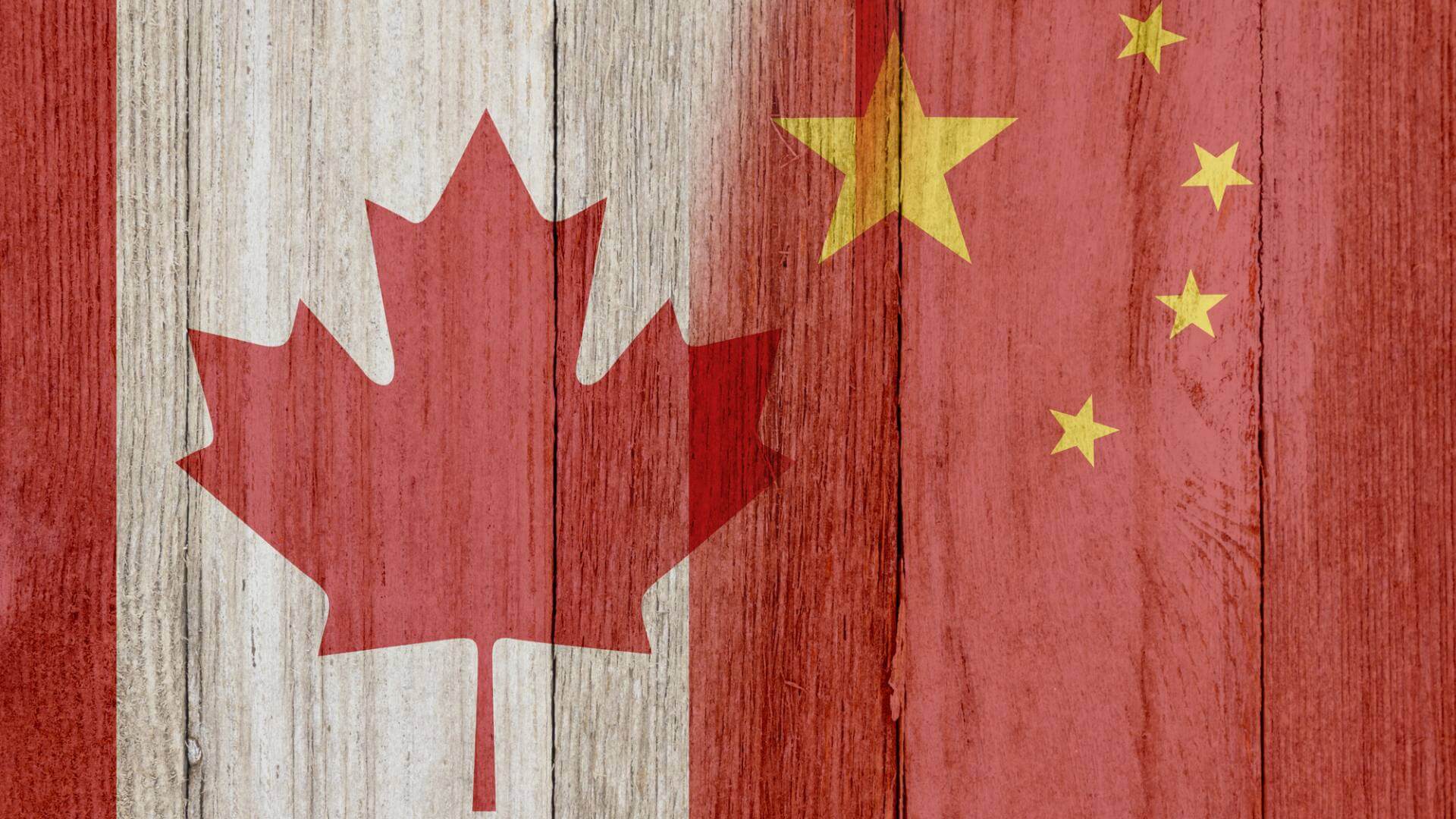It may come as a surprise that China remains Canada’s second-largest trading partner after the U.S. Canada’s economic reliance on China, for a wide range of goods, is likened to Europe’s reliance on Russia for natural gas, which led to a potential energy crisis and industrial decline with Russia’s invasion of Ukraine. If the Taiwan issue comes to a head, we might see history repeat itself.
Canada relies on China as a major export destination for its natural resources, including energy products, minerals, and agricultural commodities. In turn, Canada imports a wide range of Chinese goods, including electronics, machinery, and consumer products. China’s growing economy has fueled its demand for natural resources, and Canada possesses abundant reserves of resources such as oil, natural gas, minerals, and agricultural products. This situation has created an economic interdependence, as China’s demand for Canadian resources provides a crucial market for Canada’s exports.
Meanwhile, China has made significant investments in Canada, particularly in the energy and real estate sectors. Chinese companies have acquired Canadian resource assets, invested in infrastructure projects, and engaged in joint ventures. These investments have not only provided capital and employment opportunities in Canada but also raise concerns about foreign ownership and control of strategic assets.
Canada’s economic relationship with China is also influenced by geopolitical factors. The Chinese government’s policies and actions, including human rights concerns and disputes over trade and technology, have created tensions and uncertainties. This uncertainty complicates Canada’s reliance on China, as it must balance economic interests with broader political considerations.
It’s important to note that Canada has been diversifying its trade relationships and seeking to reduce its reliance on any single country, including China. This diversification strategy aims to mitigate risks and strengthen economic resilience by expanding trade partnerships with other countries, such as the U.S., European Union (EU), and Asian economies. Here is an opinion piece we found of interest relating to Canada’s economic reliance on China.
On Economic Reliance on China, Canada Cannot Make the Same Mistake as Europe Did Russia
In an opinion piece for The Globe and Mail, “On economic reliance on China, Canada cannot make the same mistake as Europe did Russia,” Casey Babb, international fellow with the Glazer Israel-China Policy Center at the Institute for National Security Studies (INSS) in Tel Aviv, and an associate fellow at the Royal United Services Institute in London, England, discusses the increased economic reliance that Canada has on China and how the growing dependence comes with challenges and risks. He notes that China remains Canada’s second-largest trading partner after the U.S. He adds that Canada’s economic reliance on China, for a wide range of goods, is similar to Europe’s on Russia for natural gas, which led to the threat of an energy crisis and industrial decline at the foot of Russia’s invasion.
Canada exports a wide range of commodities to China, including natural resources such as lumber, minerals, and energy products. These exports have played a crucial role in fueling Canada’s economic growth and providing employment opportunities. At the same time, Canada has been actively seeking Chinese investments in various sectors, such as real estate, infrastructure, and technology. Chinese investments have brought capital, expertise, and job creation to the Canadian economy. However, Babb says critics argue that such investments could compromise national security and create dependency on China.
One of the major concerns surrounding Canada’s economic reliance on China is the vulnerability it poses to global economic fluctuations and geopolitical tensions. China’s economy is susceptible to external shocks, and any downturn could significantly impact Canada’s export-oriented industries. Moreover, the increasingly strained geopolitical relationship between China and several Western nations, including Canada, raises concerns about trade disruptions and potential economic fallout. Read the full article on The Globe and Mail.
Disclosure: Fatty Fish is a research and advisory firm that engages or has engaged in research, analysis, and advisory services with many technology companies, including those mentioned in this article. The author does not hold any equity positions with any company mentioned in this article.
The Fatty Fish Editorial Team includes a diverse group of industry analysts, researchers, and advisors who spend most of their days diving into the most important topics impacting the future of the technology sector. Our team focuses on the potential impact of tech-related IP policy, legislation, regulation, and litigation, along with critical global and geostrategic trends — and delivers content that makes it easier for journalists, lobbyists, and policy makers to understand these issues.
- The Fatty Fish Editorial Teamhttps://fattyfish.org/author/fattyfish_editorial/January 19, 2024
- The Fatty Fish Editorial Teamhttps://fattyfish.org/author/fattyfish_editorial/January 3, 2024
- The Fatty Fish Editorial Teamhttps://fattyfish.org/author/fattyfish_editorial/January 3, 2024
- The Fatty Fish Editorial Teamhttps://fattyfish.org/author/fattyfish_editorial/December 31, 2023










